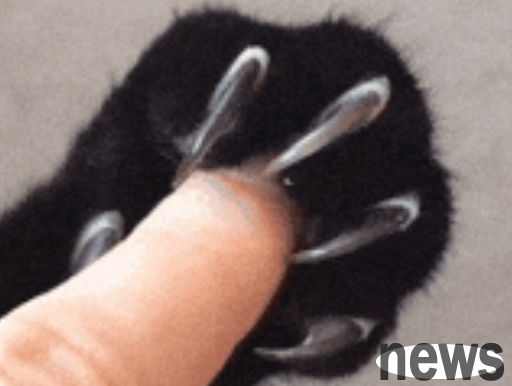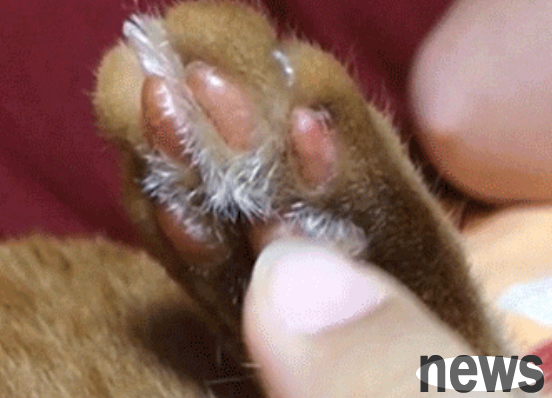The cat's claws are so cute, why not let them touch them! ! ! Why don't cats touch their paws? Most cats don't like others to touch their paws (some cats will allow you to touch, but that may just be tolerating you, not that they enjoy i...
The cat's claws are so cute, why not let them touch them! ! !
Why don't cats touch their paws? Most cats don't like others to touch their paws (some cats will allow you to touch, but that may just be tolerating you, not that they enjoy it). This is usually because:
Self-protection
Cats are predators and prey. This makes them always be vigilant and protect themselves. Cat's claws, like teeth, are one of TA's main defense mechanisms.
When you hold the cat's claws, it is equivalent to grabbing TA's most powerful defensive weapon, which will make TA feel uneasy and vulnerable.

Sensitive area
The cat's meat mat is covered with nerve endings, which is very sensitive.
Through the meat pad, TAs can detect vibrations on the ground, predict the proximity of predators or prey; feel the changes in the weather; feel the temperature difference between the ground or object; and better measure TA's sense of balance and speed.
Simple touch or pinching can make the cat feel uncomfortable and may even feel painful.
Injured
If the cat is allowed to touch his claws but one day he will not be allowed to touch it, it is likely that he is injured. The nerves on the cat's paws are more sensitive, so if you get injured, the pain will also magnify.
But at the same time, cats are good at hiding pain and often do not show obvious symptoms. This requires the shoveler to carefully discover.
For example, if a cat suddenly performs abnormally, reacts violently, limp, does not like to jump, excessive meow, excessive licking of its paws, etc., it may indicate that the cat's paws are injured. For wounds that cannot be treated by themselves, you can consider seeking medical treatment.
Elderly cats are prone to arthritis, which causes joint thickening, swelling, inflammation and pain due to joint wear, which should attract parents' attention.

There is a psychological shadow
Cats are unwilling to be touched to their claws, and it may be a psychological problem.
For example, when cutting the nails for a cat, the bloodline was cut; the cat's nails were once hung by curtains or even broken; the cat's hair was severely stressed when blowing in a bath, scratching its paws; it was accidentally stepped on...
Although cats may have forgotten those traumatic experiences, the fear, pain and stress they felt at that time were always in their hearts.